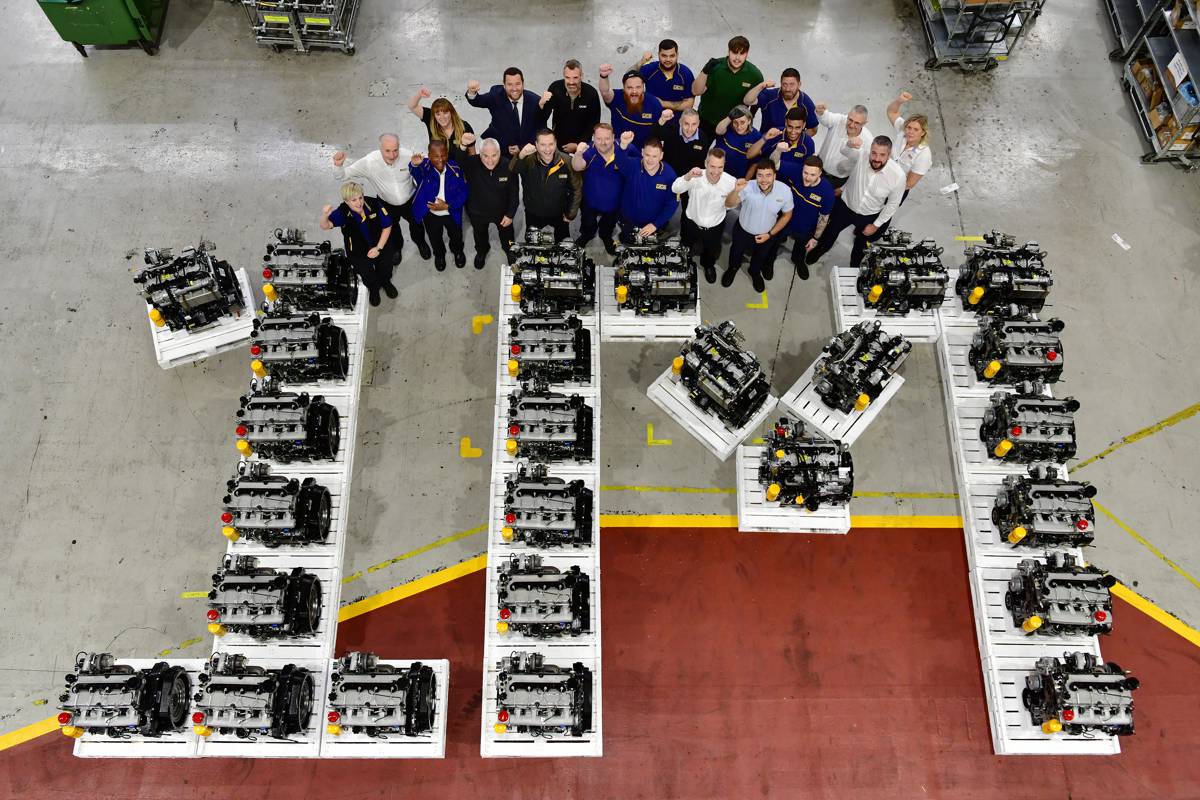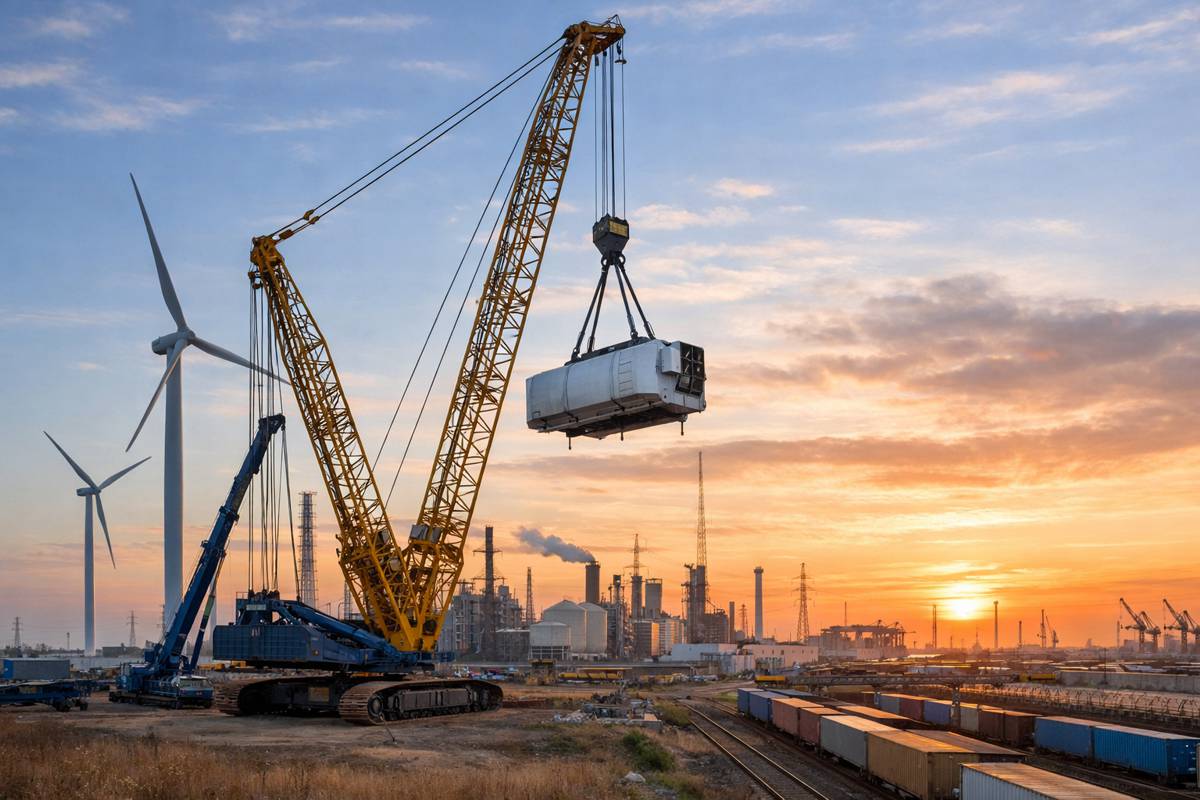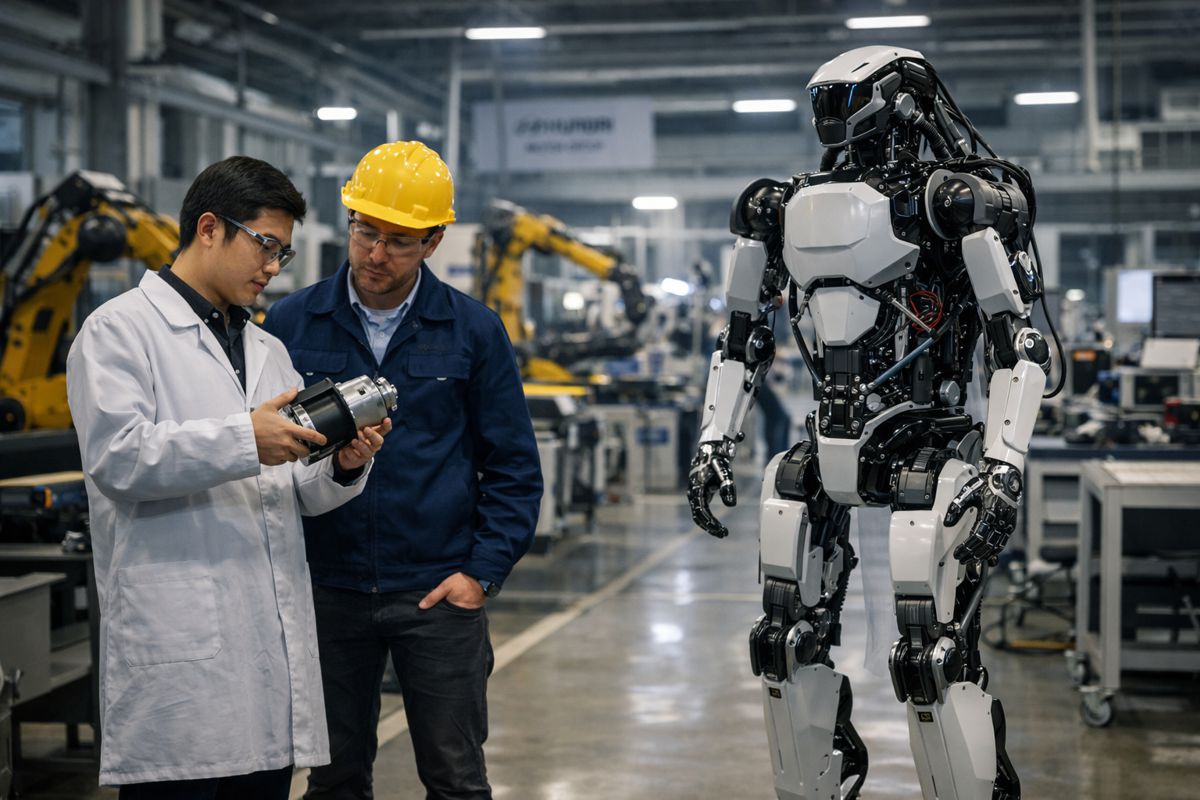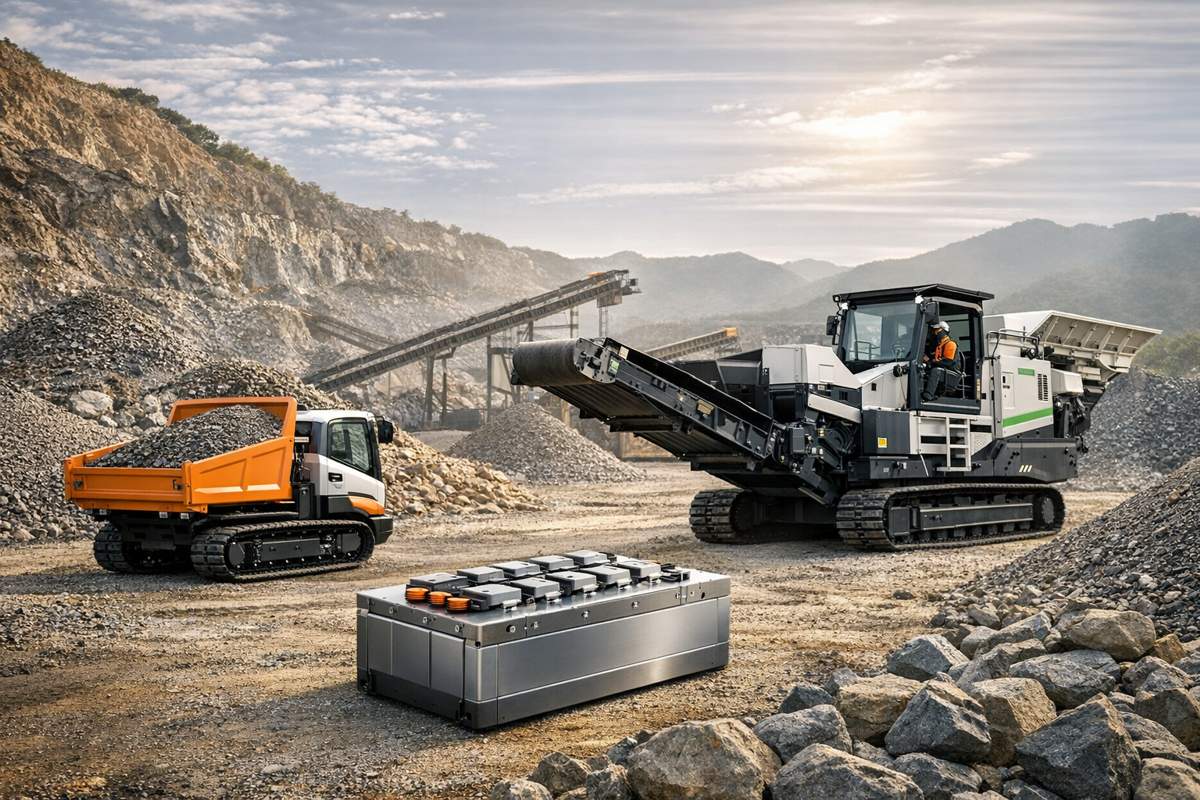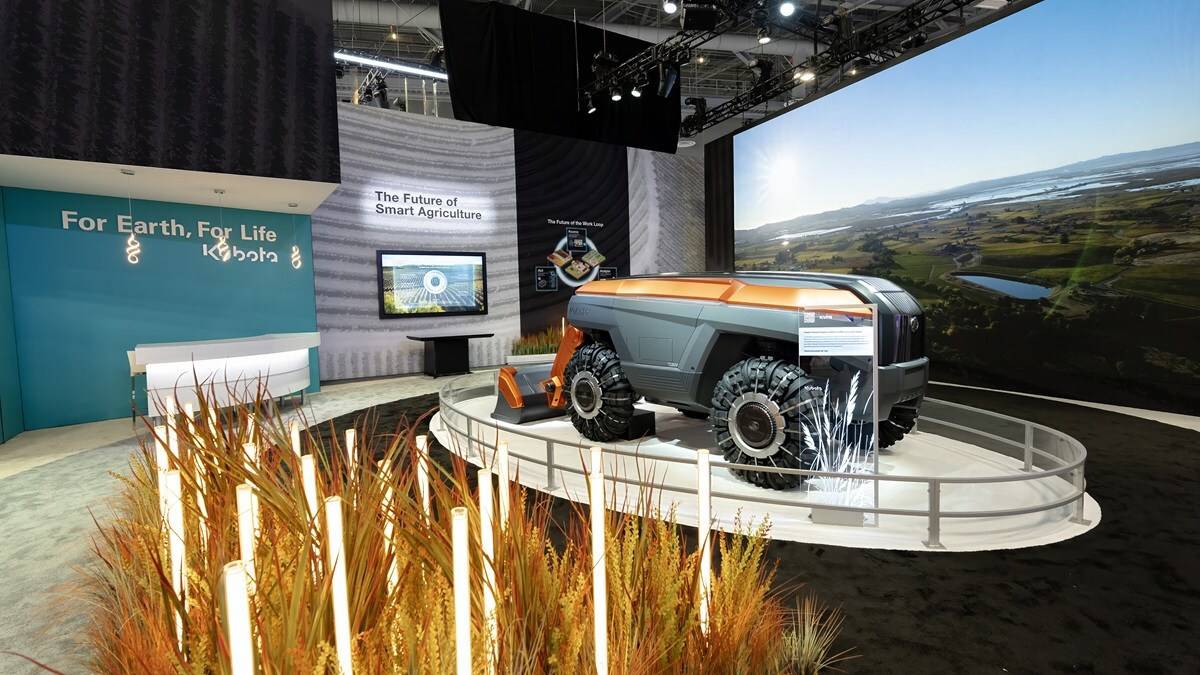JCB celebrates One Million Engine Milestone
In a landmark achievement, JCB Power Systems has rolled out its one-millionth engine, an impressive feat marking two decades of innovation, resilience, and engineering prowess. From its modest beginnings in 2004 with a handful of engines produced daily,
JCB has scaled up to around 500 engines a day, cementing its status as a global leader in engine manufacturing. This pivotal milestone reflects not just the technical skill involved but the sheer commitment of JCB’s workforce across continents.
The Birth of JCB Power Systems
An Ambitious Start in Derbyshire: When JCB Power Systems was launched in Foston, Derbyshire, in 2004, the aim was straightforward yet ambitious: to produce reliable, high-performing engines designed to withstand some of the harshest environments worldwide.
This strategic move into engine manufacturing allowed JCB to gain greater control over the quality and performance of its machinery, a decision backed by JCB Chairman Lord Anthony Bamford. He recounts: “It was a major decision at the time to make our own engines…it has paid off, and I’m very pleased we made the decision.”
Today, the facility in Foston remains a core part of JCB’s production, showcasing how a calculated risk can evolve into a driving force for growth.
Expanding Production to India: To meet growing demand and extend its reach, JCB expanded production in 2010, opening a second manufacturing facility in Ballabgarh, Delhi, dedicated solely to engine production.
This site has contributed to JCB’s substantial output, demonstrating the company’s commitment to its growing customer base in Asia and beyond.
Evolution from Diesel to Hydrogen
Diesel Engines Lead the Way: JCB has a longstanding reputation for diesel engines known for their reliability, robustness, and high efficiency. These engines power machines in every corner of the world, from blistering deserts to freezing arctic regions, consistently meeting the demands of various industries. The durability of these engines is no accident; they’re purpose-built to power JCB’s equipment, which operates around the clock in tough conditions.
“The JCB engine is very well respected around the world for its reliability,” Bamford said, attributing this reputation to the dedication and expertise of the teams who build them.
Pioneering Hydrogen Combustion Technology: With the industry shifting towards greener alternatives, JCB has invested £100 million into developing hydrogen combustion engines. A team of over 150 engineers is at the helm, pushing the boundaries of sustainable technology.
So far, more than 120 hydrogen engines have been produced, with many currently undergoing rigorous testing in JCB machinery. This forward-thinking approach positions JCB at the forefront of eco-friendly technology, a critical focus as construction machinery becomes subject to increasing environmental regulations.
Celebrating the Legacy
Acknowledging the Bamford Legacy: Lord Bamford credits his father, the late Joseph Cyril Bamford, as instrumental in JCB’s success, not only in engine design but in establishing a culture of innovation.
Reflecting on his father’s contributions, he says: “As we hit the milestone of producing one million engines, the time is right to acknowledge the part my father played in the design, not only of this engine, but other engines which he designed with other people in the past.” The company’s achievements are a testament to this pioneering spirit, which continues to inspire today’s generation of engineers and designers.
Building on the Past, Innovating for the Future: From its earliest days, JCB has recognised the importance of pushing the envelope and pursuing quality, a philosophy that has underpinned every step in the development of JCB engines.
Now, with a million engines under its belt, the company looks forward to leading the transition to greener technologies, bolstering its status as an industry trailblazer.
Engines Built for Speed and Strength
Setting the Diesel Speed Record: In 2006, JCB’s engines earned global recognition when two JCB Dieselmax engines propelled the Dieselmax streamliner to a record-breaking 350.092 mph on the Bonneville Salt Flats, setting the world record for the fastest diesel-powered car – a title it holds to this day.
This milestone brought JCB engines into the limelight, demonstrating their exceptional power and reliability.
The Fastest Tractor in the World: JCB’s dedication to excellence was reaffirmed in 2019 when its Fastrac tractor, equipped with a 7.2-litre, 6-cylinder Dieselmax engine, became the fastest tractor globally, reaching a speed of 135.191 mph.
This achievement not only exemplifies JCB’s engineering skill but has become a point of pride for the company and its employees, reinforcing the engines’ strength, power, and durability.
Building on One Million
Advancing with Hydrogen Technology: JCB’s venture into hydrogen technology is a crucial step for the construction industry, which is increasingly called to reduce carbon emissions.
By leading the development of hydrogen combustion engines, JCB is not only meeting current demand for eco-friendly alternatives but also actively contributing to global sustainability efforts. As Bamford explained, these engines are designed to provide the same strength and durability as their diesel counterparts, but with a significantly reduced carbon footprint.
Continued Innovation in Engine Design: As JCB reaches this significant milestone, the company’s sights are set firmly on the future.
There’s no resting on laurels; instead, the company plans to invest further in innovation, from hydrogen engines to new digital solutions that enhance machinery performance. In this way, JCB aims to support industries worldwide, from construction to agriculture, with engines that keep them running smoothly.
A Bright Future in Power and Performance
As JCB looks to the future, its commitment to quality, performance, and sustainability is unwavering. With a legacy rich in innovation and a vision firmly focused on greener technology, JCB Power Systems is set to continue its influence in the industry.
From breaking speed records to pioneering hydrogen engines, JCB is not just keeping up with change—it’s driving it.
